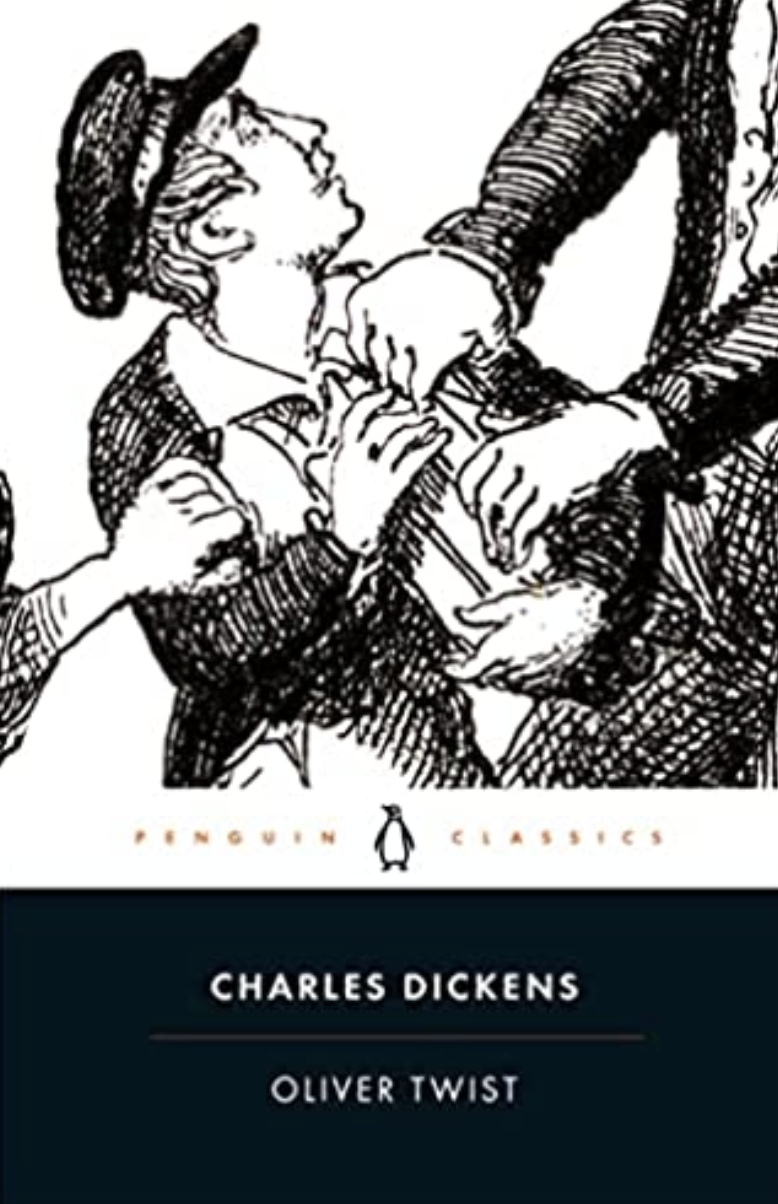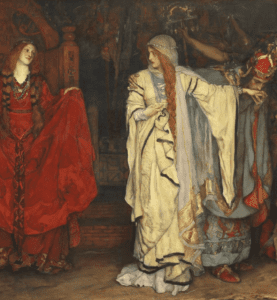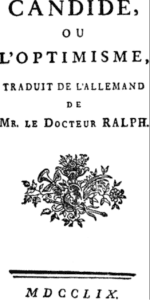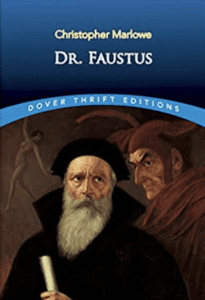Author: Charles Dickens, an English writer of the Victorian Era
The touching story of an orphan in early nineteenth-century England, this novel critiques the conditions of the poor and helpless in the ‘workhouses’ of the time, and highlights the plight of orphans and paupers. However, despite all the hardship and misery it depicts, the novel has an optimistic outlook and shows that compassion, righteousness, and honesty also exist in the world.
Oliver is born to an unwed and unidentified mother in a workhouse for the destitute, who dies soon after. Oliver grows up under miserable conditions on ‘the farm’, till Mr. Bumble, the beadle or church administrator, takes Oliver to the workhouse on his ninth birthday, where he toils and starves. Selected to ask for a second helping of oatmeal gruel, the boys had drawn lots, Oliver is locked up alone in a room for a week for this unprecedented crime.
Apprenticed to the undertaker, Mr. Sowerberry, Oliver eats scraps of meat rejected by the dog and sleeps in the macabre attic surrounded by coffins. Oliver is bullied by another apprentice Noah Claypole and maid Charlotte and made a ‘mute’ mourner in funeral processions due to his graceful but melancholy looks. Noah insults Oliver’s mother and Oliver attacks him, leading to further punishment.
Oliver runs away to London walking for days, befriended on arrival by Jack Dawkins, called ‘Artful Dodger’, – one of the boys living with the villainous old Jew Fagin. Fagin is referred to throughout as ‘the Jew’, reinforcing the prejudiced anti-Semitic stereotypes of the time.
Fagin lives in squalid lodgings but possesses jewels and valuables. He teaches the boys to steal and pickpockets, making a game of it, which Oliver does not understand, till he accompanies the boys one day. Watching them steal a handkerchief from an elderly gentleman in a bookstall, Oliver understands and runs away horrified. Captured and produced before a cruel magistrate, Oliver is released on the bookstall-keeper’s testimony of the facts.
Oliver falls ill and the gentleman, Mr. Brownlow, takes him home to be cared for by the kind housekeeper Mrs. Bedwin. While Fagin’s boys found Oliver’s polite manners and honesty amusing, they endear him to Brownlow and Bedwin. Oliver is fascinated by a portrait of a beautiful woman, and Brownlow detects Oliver’s strong resemblance to it.
Nancy, – an associate of Fagin and lover of Bill Sikes, the ill-tempered crook, pretends to be Oliver’s sister in court to track him. Provoked by friend Grimwig, Brownlow tests Oliver’s honesty by sending him to the bookstall with money; but Nancy and Bill capture him. Brownlow declares a reward for news regarding Oliver, seeing which Bumble arrives and vilifies Oliver.
Oliver is locked up till Bill Sikes takes him for a burglary far away. Terrified but upright Oliver is hoisted through the scullery window, but does not open the main door as told, determined to raise alarm. Bill calls him back and the servants shoot and wound Oliver. Bill escapes with Oliver, leaving him unconscious in a ditch.
Old Sally, an inmate of the workhouse, on her deathbed tells the matron Mrs. Corney that she had stolen Oliver’s dying mother’s possessions. Monks, a mysterious man greatly interested in Oliver, visits Fagin rebuking him for losing sight of Oliver. Waking up in the ditch, Oliver unknowingly walks to the house Bill brought him to; taken in by the elderly lady Mrs. Maylie and niece Rose. The kind old physician Losberne manages to confuse the servants and police about Oliver being the burglar.
On recovery, Losberne takes Oliver to Brownlow but finds he is abroad. Oliver gets lessons and visits church for the first time. Rose falls ill but recovers; Harry, Mrs. Maylie’s son, rushes home to see her. Rose rejects Harry’s courtship due to her ‘doubtful birth’. Bumble and Corney marry, Corney dominating Bumble completely. Monks meets Bumble and Corney, paying for Oliver’s mother’s possessions carrying the name ‘Agnes’, but drops them in the river.
Nancy eavesdrops on Monks and Fagin, and visits Rose who Monks says is temporarily staying in a hotel in town. Nancy overhears Oliver is Monks’ brother, son of a gentleman, also related to the Maylies. Monks paid Fagin to make Oliver a criminal to deprive him of his inheritance. Nancy risks her life in meeting Rose, after drugging Bill Sikes, now ill and impoverished. She promises to walk from eleven to midnight on London Bridge every Sunday, so Rose can find her.
Oliver spots Brownlow on the street and takes Rose to Brownlow, who formulates a plan. Fagin sets Noah, now in Fagin’s gang, to spy on Nancy. Noah witnesses Nancy’s meeting with Rose and Brownlow. Though Nancy does not betray Fagin and Bill Sikes, only Monks, Fagin falsely denounces her to Bill, who clubs Nancy to death.
Brownlow finds Monks and compels him to make amends legally. Brownlow’s deceased wife’s brother, young Edward Leeford, was forced by his family to marry an older woman, Monks born from that unhappy union. Separated from his socialite wife, Leeford fell for Agnes, the motherless daughter of a retired naval officer. Leeford’s relative died in Rome leaving him a fortune. Traveling to Rome, Leeford took ill and died. Monks’ mother rushed from Paris to Rome and burnt Leeford’s will, – bequeathing his property to Agnes and her unborn child. After noting Oliver’s resemblance to Agnes, Brownlow went to West Indies to Monks’ estate but only found him through Nancy.
Running from the law, Bill Sikes accidentally and dramatically hangs himself. Fagin is arrested and subsequently hung. Bumble and Corney lose their positions, living in the workhouse they once administered. Monks confesses his mother tracked down Agnes’s father and younger sister Rose to Wales, living under an assumed name after Agnes conceived a child out of wedlock. She slandered Agnes’s family to the poor couple raising Rose after her father’s death before Mrs. Maylie took Rose under her wings. Harry gives up ambitions of law and politics, becoming a clergyman to marry Rose, sparing Rose high society prejudice. Brownlow adopts Oliver as his son.




